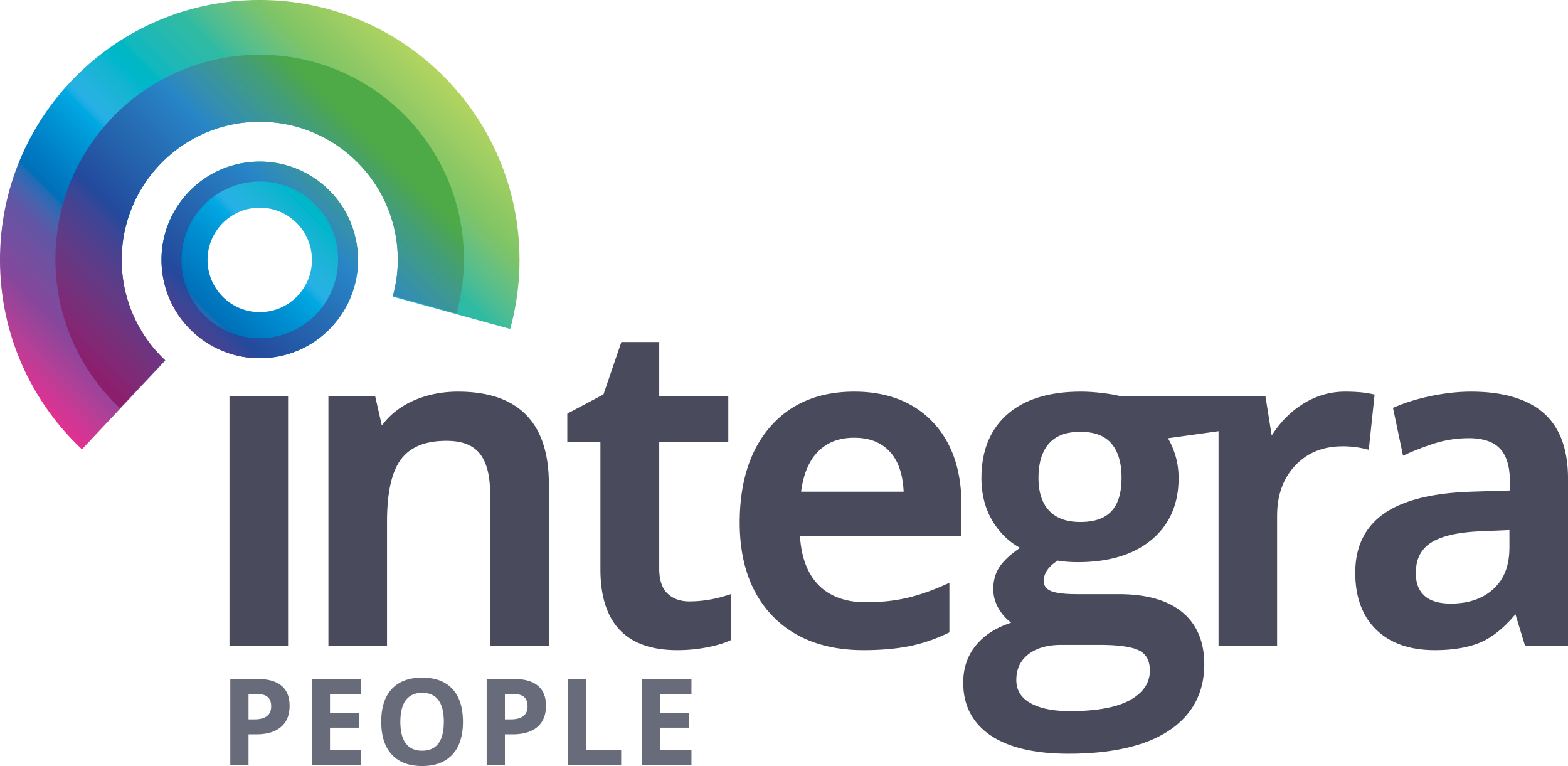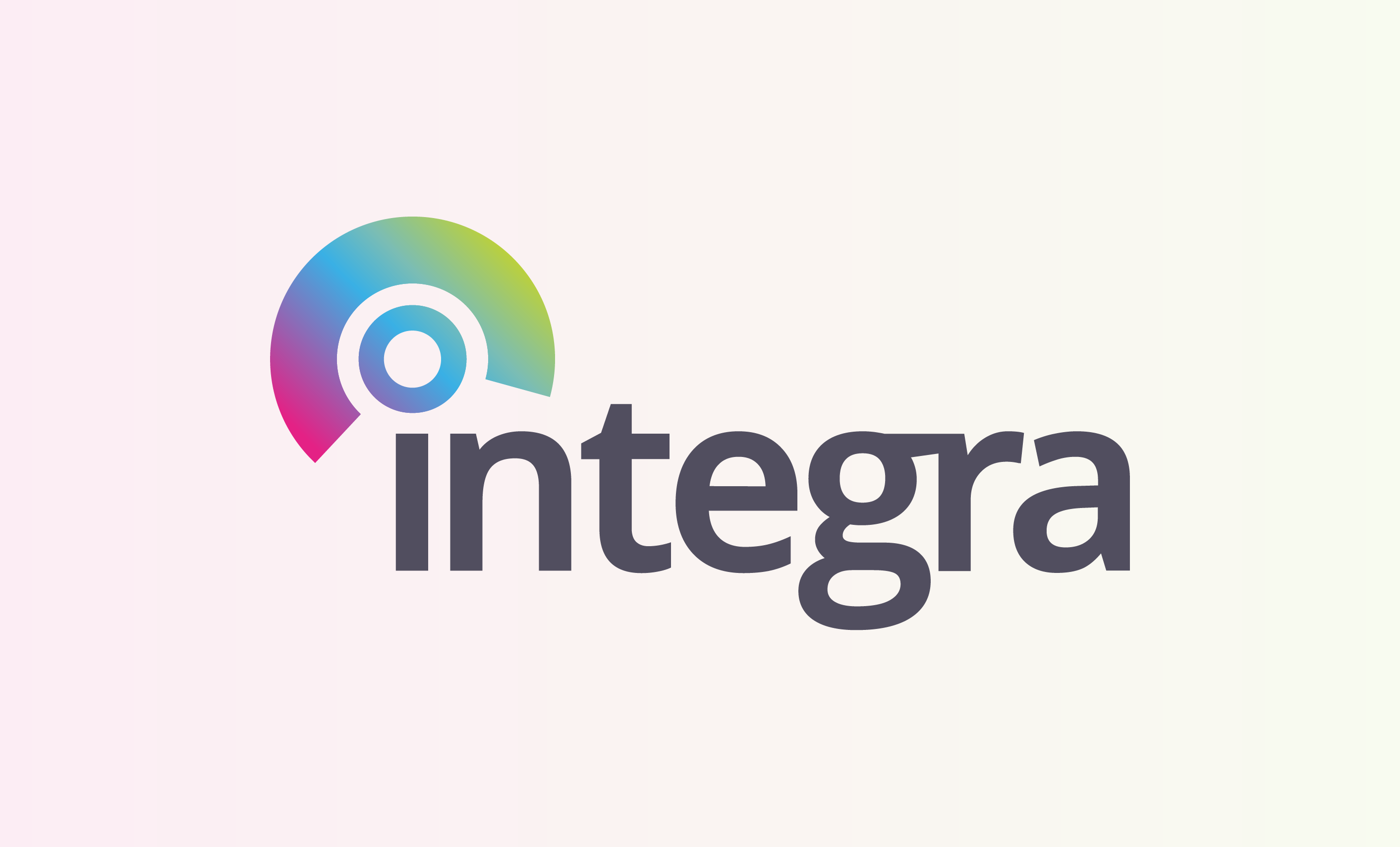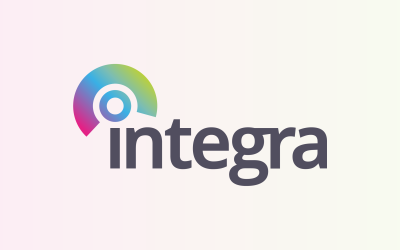A London-based company is using NVIDIA’s DGX-1 supercomputer to process biomedical insights.
Benevolent AI are using the supercomputer to process mass amounts of medical data to find ways to treat serious diseases, faster than was previously ever thought possible.
The supercomputer uses BenevolentAI’s Judgement Augmented Cognition System (JACS), which utilises language processing, AI, and deep learning to make sense of and draw connections between vast amounts of scientific data.
The company aims to make a difference to patients and organisations seeking to find new cures for illnesses. The speed and intelligence of the system should be incredibly helpful for the researching world, proving to be cost-efficient and time-cutting.
Without downplaying the important work that Scientists do, it is necessary to compare the speed and efficiency that this innovative technology provides. The supercomputer can form hypotheses and draw conclusions much faster than a human can.
Ken Mulvany, co-founder and director of BenevolentAI, said: “There are 10,000 updates per day on PubMed alone, presenting an impossible challenge to scientists to keep up with the rate at which new scientific knowledge is produced.”
Data scientists and artificial intelligence (AI) researchers require accuracy, simplicity, and speed for deep learning success. Faster training and iteration ultimately means faster innovation and faster time to market.
BenevolentAI is the first firm in Europe to employ the world-leading deep learning supercomputer. Developing solutions that promise to help humanity is a challenge that some of the world’s sharpest minds are focused on, so will other firms endeavour to adopt this powerful tool to help scientists understand the nuances of disease?


